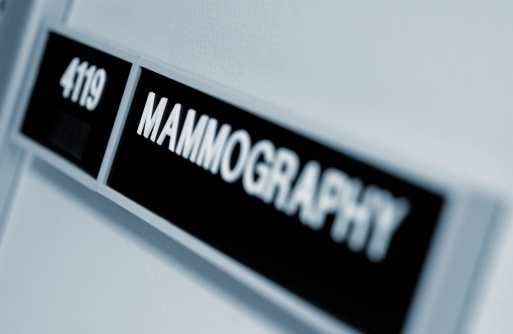 A new study published in Cancer Epidemiology, Biomarkers & Prevention suggests that many women who receive false-positive mammogram results go on to experience psychosocial issues, such as anxiety and distress.
A new study published in Cancer Epidemiology, Biomarkers & Prevention suggests that many women who receive false-positive mammogram results go on to experience psychosocial issues, such as anxiety and distress.
Researchers analyzed the responses from 399 women who completed the Swedish Consequences of Screening-Breast Cancer questionnaire. Each participant was enrolled in the study after being recalled to diagnostic work-up following an abnormal mammogram; their responses were only used after breast cancer wasn’t discovered.
Results indicated that a large percentage of participants who received false-positive results experienced negative psychosocial consequences after receiving their mammogram results, but before they learned they didn’t have cancer. The following statistics were found:
53% reported having problems with sleeping
67% reported a negative impact on behavior (e.g., difficulty concentrating)
83% reported feeling anxiety
88% reported feeling some sort of dejection
The first round of questionnaires showed that those who received false-positive results were five times more likely to report a negative psychosocial consequence than the control participants.
Researchers discovered that one of the predictors of negative psychosocial consequences was the early test recall.
“We were surprised to find that women who are frequently monitored by additional clinical mammography following a false-positive screening mammogram experienced psychosocial consequences,” says study author Anetta Bolejko. “This means that we think that early recall should be applied cautiously because it seems to create confusion and maintain psychosocial distress.”
Sources for Today’s Article:
Bolejko, A., et al., “Prevalence, long-term development, and predictors of psychosocial consequences of false-positive mammography among women attending population-based screening,” Cancer Epidemiology, Biomarkers & Prevention 2015, doi: 10.1158/1055-9965.EPI-15-0060.
McIntosh, J., “Majority of false-positive mammograms associated with anxiety, distress,” Medical News Today web site, August 26, 2015; http://www.medicalnewstoday.com/articles/298583.php
